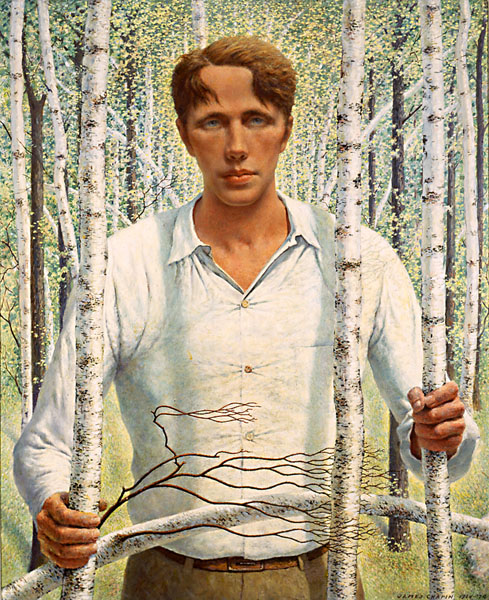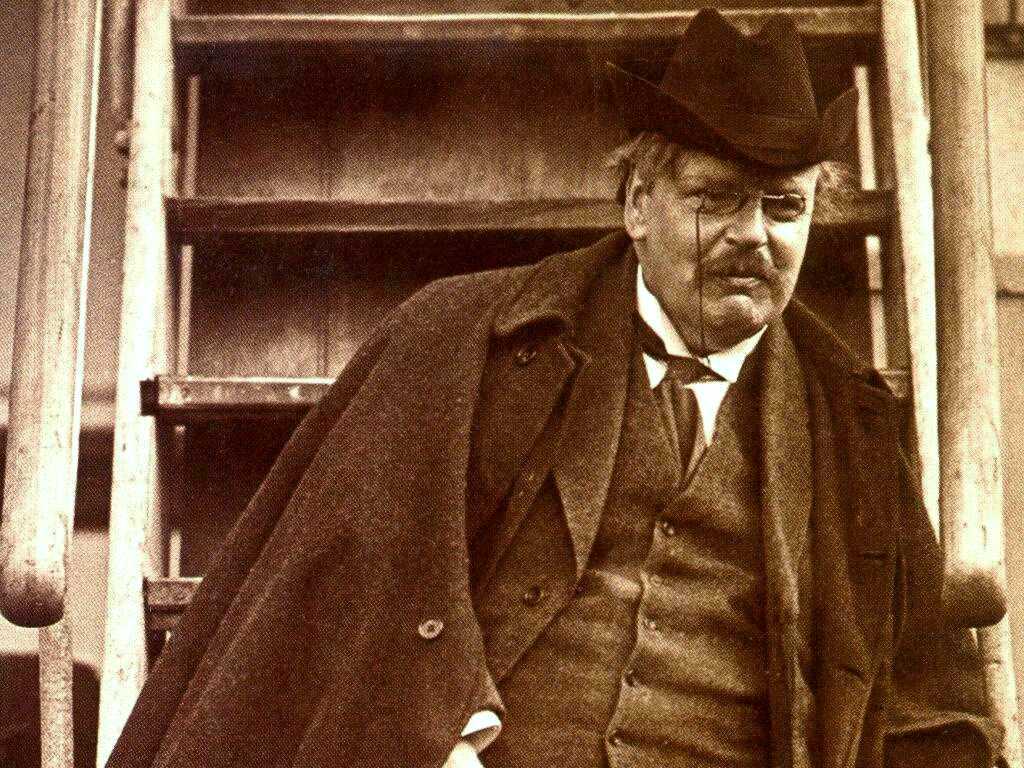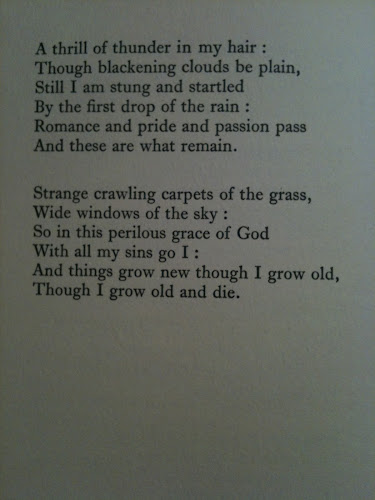* Review Grammar 21-1
* Enjoy the Posters
* Origins: Genesis (Adam and Eve)
* J10: What does Robert Frost tell us about the origins and definition of poetry in "The Aim was Song" and "Never Again would Birds' Song be the Same" (1/2 pg or more)?
* Lost Tools of Writing Lesson 2 and Essay (this is a .pdf in iBooks, Notability, etc...or download it again from Focus)
- Because there are exercises with underlining and such, you may open this in a .pdf editor to do your work (besides drafts and such). Otherwise, continue with notes in your binder.
- Add to notes: The 5 Common Topics (*going by the paper page: pg. 11)
- Refresh (just look back at your notes as long as you already copied this): Outline Reminder (pg. 18)
- Begin this: Answer all questions you can in class for Parallelism and Practice (pp. 19-24). Finish this grammar work on Monday.
- The difference between clauses and phrases
- Parts of Speech (Eight, Traditionally)
- Parts of Speech again, with articles.
Next Essay (Schwager):
Prompt: Convince the reader to vote in favor of or against a cause or candidate of your choice.
Context:
- This will be a handwritten practice essay assignment (25 pts).
- Thesis due Mon., Nov 4.
* Voter Guides (for more info.)
- California Ballot Initiatives
- District 17 Representative to Congress (Sam Farr, incumbent) vs. Jeff Taylor
- Jill Stein: Green Party
- Libertarian Party
- Mitt Romney
- Pres. Obama
- Fact Check
- CNN Opinion (more liberal)
- NY Times Opinion (more liberal)
- Washington Post Opinion (more liberal)
- Town Hall (more conservative)
- Fox News (more conservative)
- The Wall Street Journal (usually pretty fair)
Audience: Your teacher is your direct audience. American voters are your indirect audience.
Requirements:
- Follow the LTOW model for the THE (structure and parallelism)
- Follow all MLA guidelines.
- Use and cite a minimum of two sources. (See Bedford 55, 56, 57.)
- Include a properly formatted Works Cited page.
Next Essay (Reno): Choose one of the prompts below and fill out the 5 Common Topics worksheet in your LTOW workbook (pg. 11-12 paper text or pg. 21-22 .pdf text). There are several things I want you to understand here: 1) that by asking the questions on the 5 Common Topics worksheet, you can discover (take the cover off of) information that will help you answer the prompt of your choosing, and 2) that a topic is a "place" (topos) you mentally "go" to get the "goods," the riches, the information to help you write well. Remember that to write well you must think well. You must have something to say, and to get something to say, you must ask good questions. Thus, this exercise is to introduce you to five kinds of questions (and sub-questions) you can ask to generate a wealth of information to use in your writing. Enjoy!
Prompts (pick one):
- ("How Much Land Does a Man Need?") Should Pahom have gone to the Bashkirs to get land?
- ("Through the Tunnel") Should Jerry have gone through the tunnel without his mother's knowledge?
- ("By the Waters of Babylon") Should John have gone to the forbidden Place of the Gods?
- ("Trap of Gold") Should Whetherton have risked his life for mere gold?
- (Schwager)
- Thesis
- do pg. 19 of the Lost Tools of Writing
- (Reno)
- Finish THE paragraph that I returned last week (MLA format), making sure you link literary element(s) to the theme (remember that the theme must be expressed in a complete sentence)
- LTOW - 5 Common Topics Worksheet (details above)











